IMAGINE A WORLD TRANSFORMED
Think of us in this way, as servants of Christ and stewards of God’s mysteries. Moreover, it is required of stewards that they should be found trustworthy. 1 Cor 4: 1-2
Pastor Erika Uthe, Assistant to the Bishop of Southeast Iowa Synod has prepared stewardship resources for us. The prayer of the Office of the Bishop is that this resource might spark imagination in our faith community about what it means to be stewards of God’s mysteries – and to be found trustworthy in them. Reflecting on our gospel reading from Matthew 21:23-32 for this Sunday, Pastor Erika Uthe shares the following:
Upper Midwest Lutherans often wear their stoic stubbornness as a badge – knowing full well that there is more than a kernel of truth in those Ole and Lena jokes or the Church Basement Ladies’ franchise of plays. IMPORTANT: This is of course a broad brush stereotype of Upper Midwest Lutherans – knowing full well that ‘Lutheran’ does not equate to Germanic or Scandinavian descent, and that ‘Lutheran’ is not a cultural identity complete with jello salad or hot dish. What is true, though, is that the large majority of Lutheran congregations in the Upper Midwest have their roots in that culture and the stubborn stoicism of our ancestors actually made it possible to survive in those early days of living here.
What matters here is that like it or not, we who now carry on the legacy of our church ancestors live with that sort of stoic stubbornness deeply rooted in congregation culture. Honestly, in a world that changes so much, it can be a balm to know that church is there. That year after year you can expect the annual festival, to welcome the community children for Vacation Bible School, or to end Christmas Eve by lighting candles and singing ‘Silent Night’. Yet as much as these traditions and rhythms provide a deep sense of anchor and life, the church is done a great disservice when we forget that we are stewards of change.
The Pharisees in the text today did not change their minds, and as such, they missed out on the fullness of the kingdom of God. Likewise, the two sons in the parable deal with a change of mind – or dare we say – change of heart. We as disciples, and the church as a body through which God works in the world, are stewards of change. Time and time again in scripture we hear stories of God and the people of God change in life-giving ways, and each time it is expressly because the change means that more people are able to experience the grace, love, and forgiveness of God.
Church as an institution, and individual disciples as members thereof, have been entrusted to steward change in order that as the time and world context changes, so does the method of proclaiming the gospel. Imagine how the world might be transformed if we took seriously the change which God has entrusted to us! Change for the sake of reaching those who feel unworthy to come into a church building, or for whom church buildings are harbors of bad memories and pain. Change for the sake of showing the world the abundance of God’s love and the depths of God’s desire that all experience life.
As stewards of change, you can encounter God in new ways – through prophets like John, and the risen Lord Jesus Christ who comes to us as our neighbors. As stewards of change, you can overcome the imagination-killing phrase, ‘We’ve never done it that way before.’ As stewards of change, you can imagine a world completely transformed in new ways by the grace and love of God in Jesus Christ. And, honestly, huge change takes time. So – as stewards – perhaps our work is to discern which change we can best steward at which time, and with which gifts. Regardless of how and what the change might be for you and your faith community, we trust that the change transforms the world through the love of God.
· What does it mean to you that you are a steward of change?
· Name a time that you changed something – your mind, your heart, your behavior, etc. How did you experience God in that change?
· Change goes beyond individuals. Name things in society that have changed. How have you experienced God’s presence in that change?
· What do you think God might be calling you to change – individually? As a faith community? How might that change serve as a witness of God’s love in the world?
Pastor Erika Uthe
Assistant to the Bishop of the Southeast Iowa Synod


